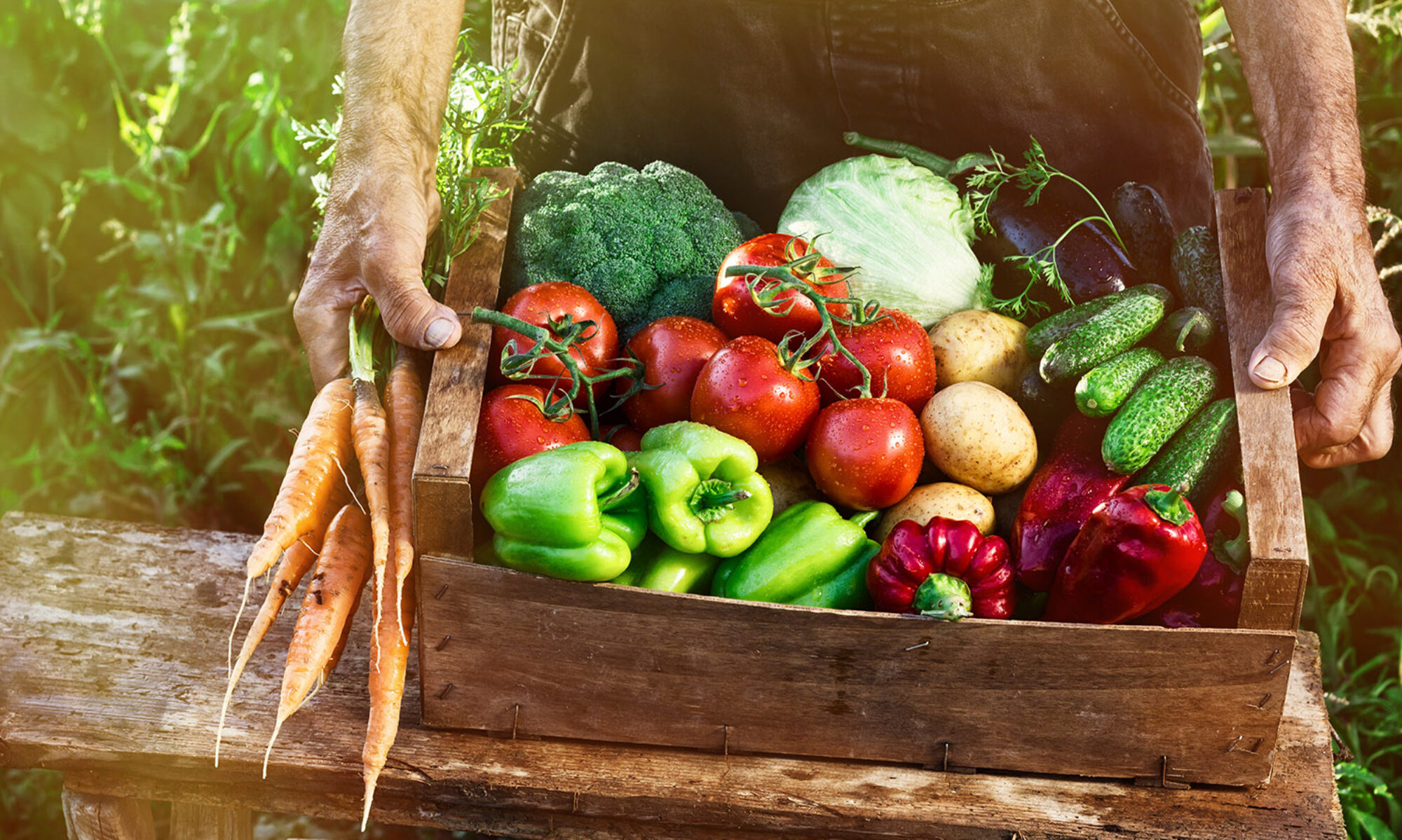Written by Talia Ralph, 3L at McGill Law and 2018-2019 FLSN Projects Chair

There’s something about staring out the window of your environmental law classroom to see trees, mountains, and sky that really changes your perspective for the better. Or at least, it has changed mine.
I was definitely looking for a change of scenery when I signed up for the summer exchange program at Vermont Law School. After two years at my distinctly urban law faculty (I’m a rising 3L at McGill Law) and an entire life spent in concrete jungles, I thought a month or two in the wilderness would anchor the research and work I do on food policy. While cities have no shortage of important food-related issues to tackle, I’ve often felt that my understanding of agriculture and rural food systems could use a boost. I also figured my law-addled brain could use a bit of a break, if only in the form of occasional hikes and swims in the White River which flows by the campus.

That being said, I wasn’t really expecting to put my brain on pause. Vermont Law’s summer session is unlike any academic program I’ve ever come across; it’s jam-packed with incredible intensive classes taught by leading academics and practitioners from around the country and even the world. I guess even experts are lured by the promise of Vermont’s natural beauty, which might explain why thought leaders come to lecture twice weekly on “hot topics” in the fields of food and environmental law.
As the the leading environmental law school in the United States, and one of the only schools with a full-fledged food law and policy concentration, Vermont Law is a dreamy place to spend a semester if you have hopes of working in food law or policy. In addition to Environmental Law, I was able to take an advanced environmental legal research class (where I focused on food waste in hospital settings); study strategic food justice litigation from a D.C.-based food lawyer at Public Justice; and immerse myself in a 72-hour mediation seminar taught by the lead mediator for the Federal Deposit Insurance Corporation.

The campus is also a truly special place. It embodies so many values that food and environmental advocates and community members have been pushing for (and practicing) for years. The cafe serves fresh food that is sourced locally, including vegan and vegetarian options at every meal; low-sugar drinks and homemade baked goods line the shelves. In the bathrooms, the toilets are compostable; in the hallways, people leave bunches of wildflowers or fresh rhubarb from their gardens to share. In legal culture, where being cut-throat and competitive is often rewarded, I can’t express enough how refreshing it was to be in a place as collaborative and collective as Vermont Law School.
Next week, I’m packing a 60-pound backpack and heading into the wilds of Montana with a group of 15 or so other law students and a law professor to learn about public land management. They call it the “Montana Field Study”. I’m not sure that there is any other law school in the world that offers students the opportunity to study wildlife management laws while wandering through the clearcut woodlands those laws were written to protect. I’m especially looking forward to the once-in-a-lifetime experience of talking about the effects of climate change while cooking under what I have heard is quite a big, beautiful sky.

I’ll let you know how it all goes. In the meantime, you might want to keep an eye out for the application to Vermont Law School’s next summer session.
